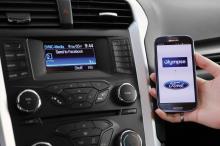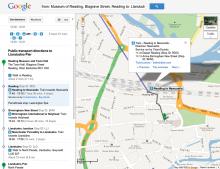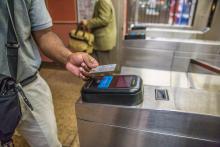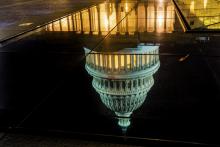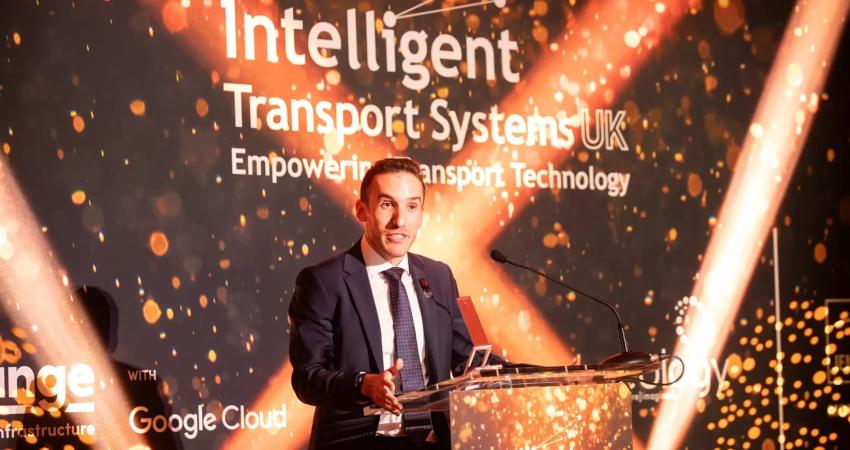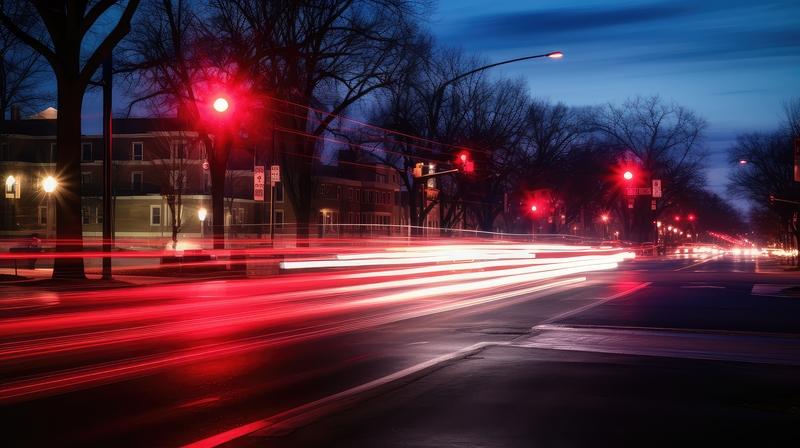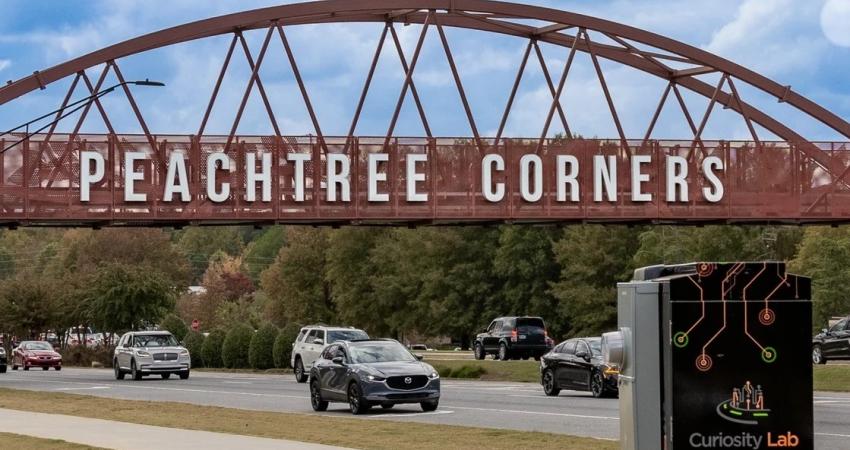For a chairman of the Ford Motor Company to suggest that owning private vehicles could become impractical or even undesirable sounds crazy. That, however, is what Bill Ford proposed in 2012. He imagined a future where every form of transport, from bicycles to cars and public transport would be woven into a connected network.
This vision requires car makers to partner with the telecommunications industry to create transport networks within cities. Apple is looking at iOS-based cars while Google is considering Android-based vehicles. Ultimately, computerised, driverless cars are just over the horizon.
Even today, new forms of transport, such as real-time ride-sharing are a reality. Last year, French ride-sharing company BlaBlaCar transported more passengers between Paris and Strasbourg than its parent group, French railway giant SNCF, did with its TGV high-speed trains.
These changes have an effect on payments and KYC. New forms of transportation require secure electronic transactions, such as real-time driver licence checks or car doors that can be unlocked by mobile devices.
‘Take care: transportation is going digital.’ Loic Dequay, innovation manager, Monext,
14:30 – 15:00, Room 4.
Monext outlines digital transportation challenges at CARTES
For a chairman of the Ford Motor Company to suggest that owning private vehicles could become impractical or even undesirable sounds crazy. That, however, is what Bill Ford proposed in 2012. He imagined a future where every form of transport, from bicycles to cars and public transport would be woven into a connected network.

